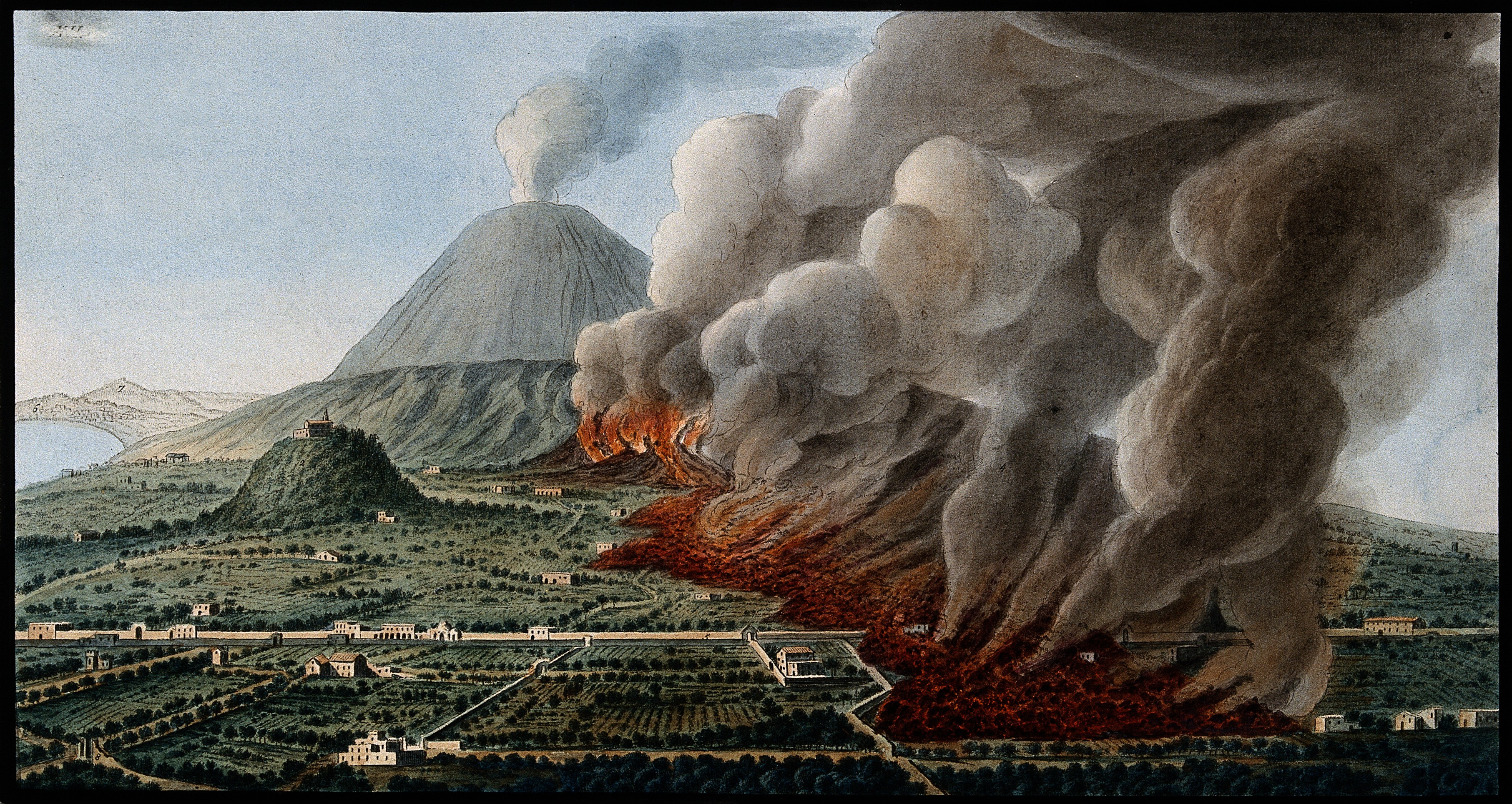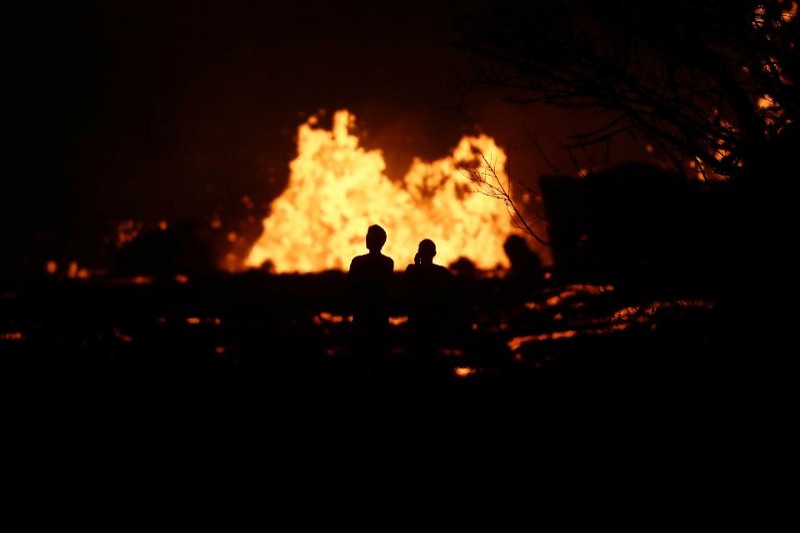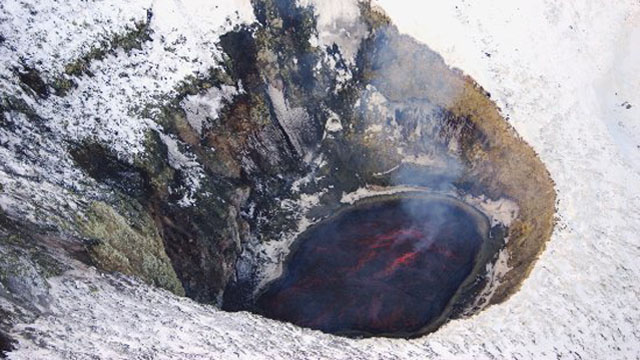Plumes a-poppin’!
Maybe I should just apologize right here and now for that title, but dang, I liked it.
Anyway, I’ve seen a lot of plume images cross my browser/inbox over the last day, so I thought I’d post a few of them.
Soufriere Hills, Montserrat
The renewed activity at Soufriere Hills has produced a bounty of plume images over the last week. The NASA Earth Observatory posted an image of the plume, which sometimes reached as high as 3.7 km / 12,000 feet (if not higher). Eruptions reader Alex Waning sent me some images of the top of the plume at ~3.7 km / 12,000 feet taken from a flight near Montserrat on December 1 (see below) – they seem to suggest that the plume is very steam-rich and almost gets lost within the typical clouds for the region.

Plume from Soufriere Hills in Montserrat. Image by Alex Waning.
Tavurvur (Rabaul), Papua New Guinea
Another nice and recent plume image posted by the NASA EO folks is from the Tavurvur crater at Rabaul. The two craters at Rabaul are very clearly visible in this image, with the active, northern crater producing the white/grey plume on November 30, 2009. The plume is relatively small (1.5 km / ~5,000 feet) and part of the explosive, strombolian activity at the Tavurvur crater.
Ambrym, Vanuatu
Finally, Ambyrm volcano in Vanuatu has been producing a diffuse plume of steam and sulfur dioxide. The volcano is one of the most active in Vanuatu – in fact, this basaltic volcano with a caldera has been erupting since May 2008. Ambyrm was joined by Gaua as erupting volcanoes in the Pacific island nation.




